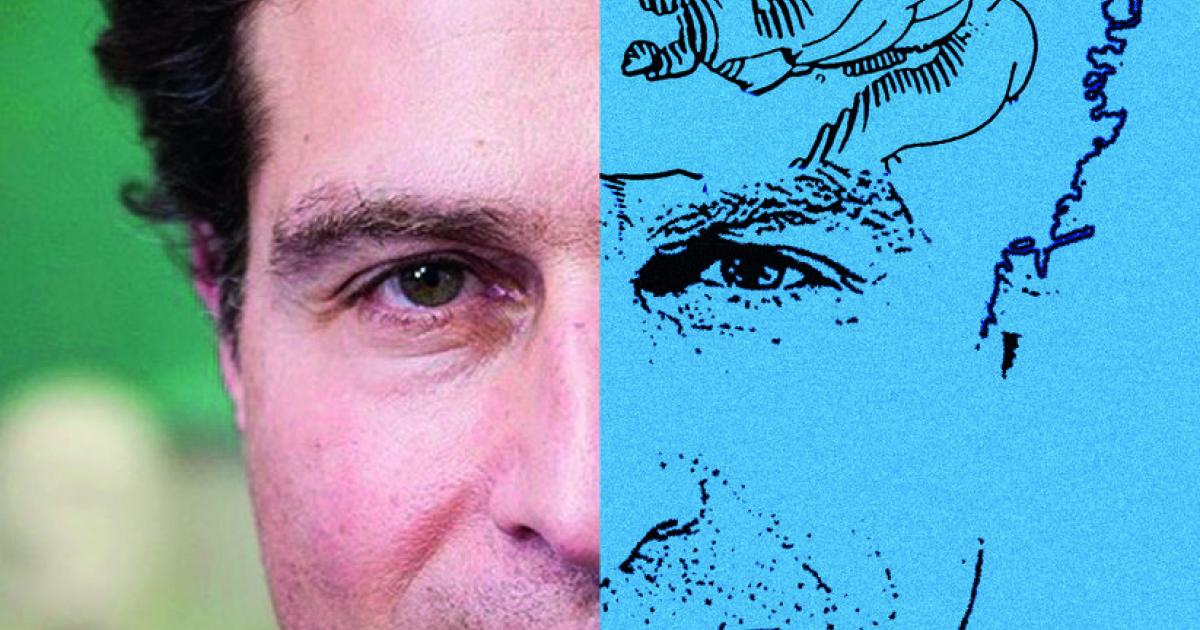Core Concepts
Forgetfulness is not a curse but a blessing, enabling the brain to generalize information and maintain flexibility. The author argues that normal forgetting is essential for cognitive health.
Abstract
Renowned neurologist Scott A. Small challenges the perception of forgetfulness as a negative trait, highlighting its benefits in memory consolidation and generalization. He emphasizes the importance of balancing remembering and forgetting for optimal cognitive function. Small's insights on emotional forgetting, post-traumatic stress disorder, and potential treatments shed light on the complex nature of memory processes.
Neurologe: „Vergesslichkeit ist kein Fluch, sondern ein Segen“
Stats
"Bei Menschen mit Autismus zum Beispiel ist der für das Vergessen zuständige molekulare Prozess im Gehirn eingeschränkt."
"Das Gedächtnis ist bei uns Menschen genauso unterschiedlich ausgeprägt wie die Körpergröße oder das Gewicht."
"Der Prozess verläuft allerdings sehr unterschiedlich."
Quotes
"Das normale Vergessen, mit dem wir alle geboren werden, ist kein Fluch, sondern ein Segen."
"Eine posttraumatische Belastungsstörung ist nichts anderes als ein Gehirn, das durch viel zu viele Erinnerungen in Flammen steht."
Key Insights Distilled From
by Franziska Dz... at www.profil.at 06-29-2023
https://www.profil.at/wissenschaft/vergesslichkeit-ist-kein-fluch-sondern-ein-segen/402502471
Deeper Inquiries
How can social connections help alleviate traumatic memories as discussed by Small?
Small highlights the importance of social connections in alleviating traumatic memories, especially in the context of post-traumatic stress disorder (PTSD). He mentions that individuals who have experienced trauma, like soldiers in his unit after a battle, benefit greatly from being surrounded by supportive social networks. Social interactions serve to cool down the "fear memory" stored in the brain's amygdala, reducing anxiety and preventing the overwhelming effects of traumatic memories. Small emphasizes that having a strong support system can help individuals process and cope with their experiences, ultimately mitigating the impact of PTSD.
What are the implications of balancing remembering and forgetting in everyday life?
According to Small, finding a balance between remembering and forgetting is crucial for cognitive flexibility and efficient information processing. While remembering specific details is important for certain tasks or activities, excessive retention of irrelevant information can lead to cognitive overload and hinder decision-making processes. Forgetting allows us to generalize information, see patterns instead of individual details, and adapt to new situations effectively. In essence, striking a balance between remembering essential information while letting go of non-essential details enhances our ability to navigate daily challenges with clarity and efficiency.
How does emotional forgetting play a role in managing anxiety disorders?
Emotional forgetting plays a significant role in managing anxiety disorders by helping individuals regulate their fear responses and prevent excessive anxiety-related behaviors. Small explains that when traumatic memories are not properly processed or forgotten due to impaired mechanisms like those seen in PTSD patients or individuals with autism spectrum disorder (ASD), it can lead to heightened levels of anxiety and rigid thinking patterns. By allowing certain distressing memories or emotions to fade over time through natural processes like emotional forgetting, individuals can gradually reduce their fear responses and develop healthier coping mechanisms for managing anxiety triggers. This highlights the adaptive nature of emotional forgetting in promoting emotional resilience and mental well-being among those struggling with anxiety disorders.
0
